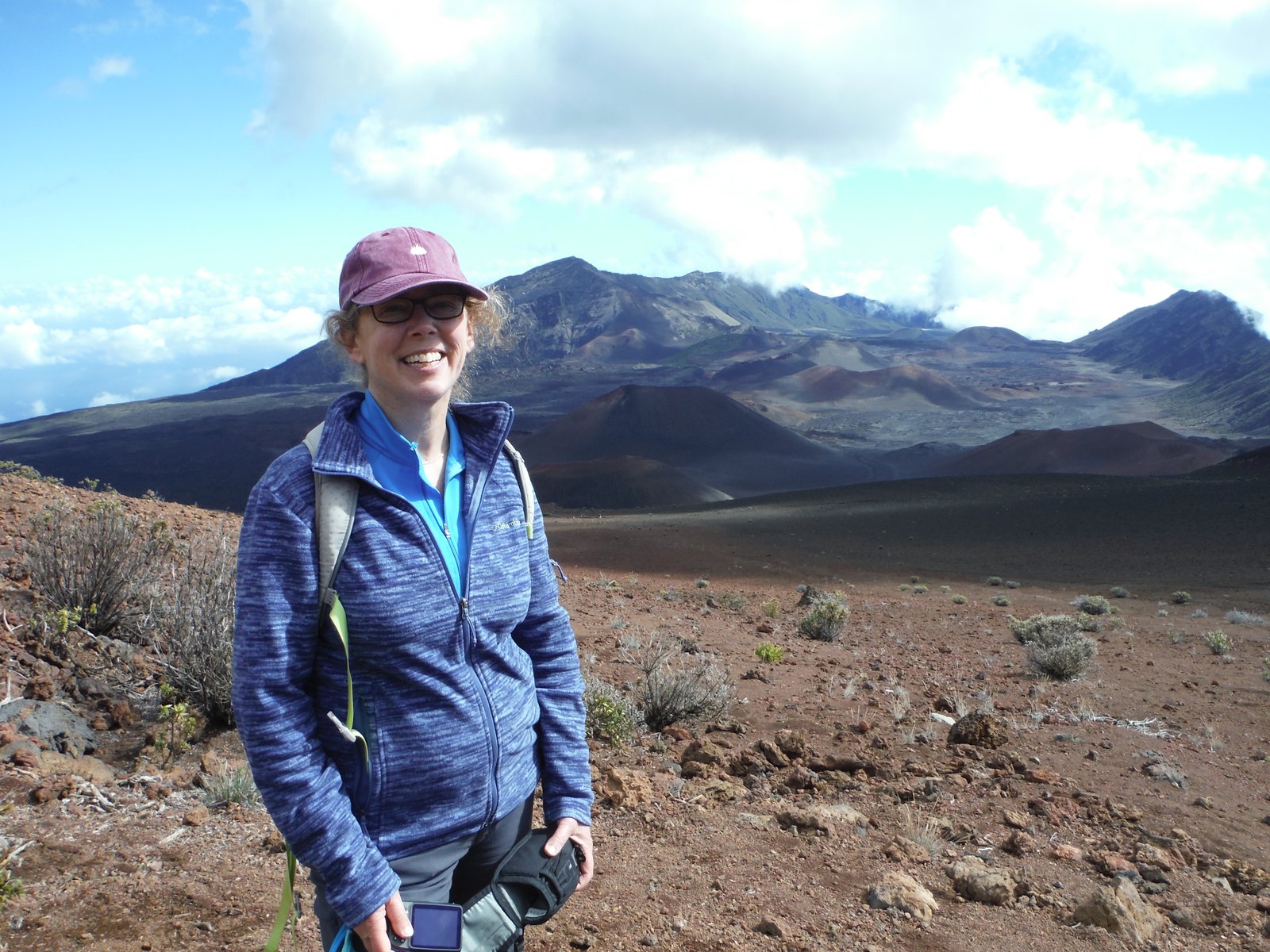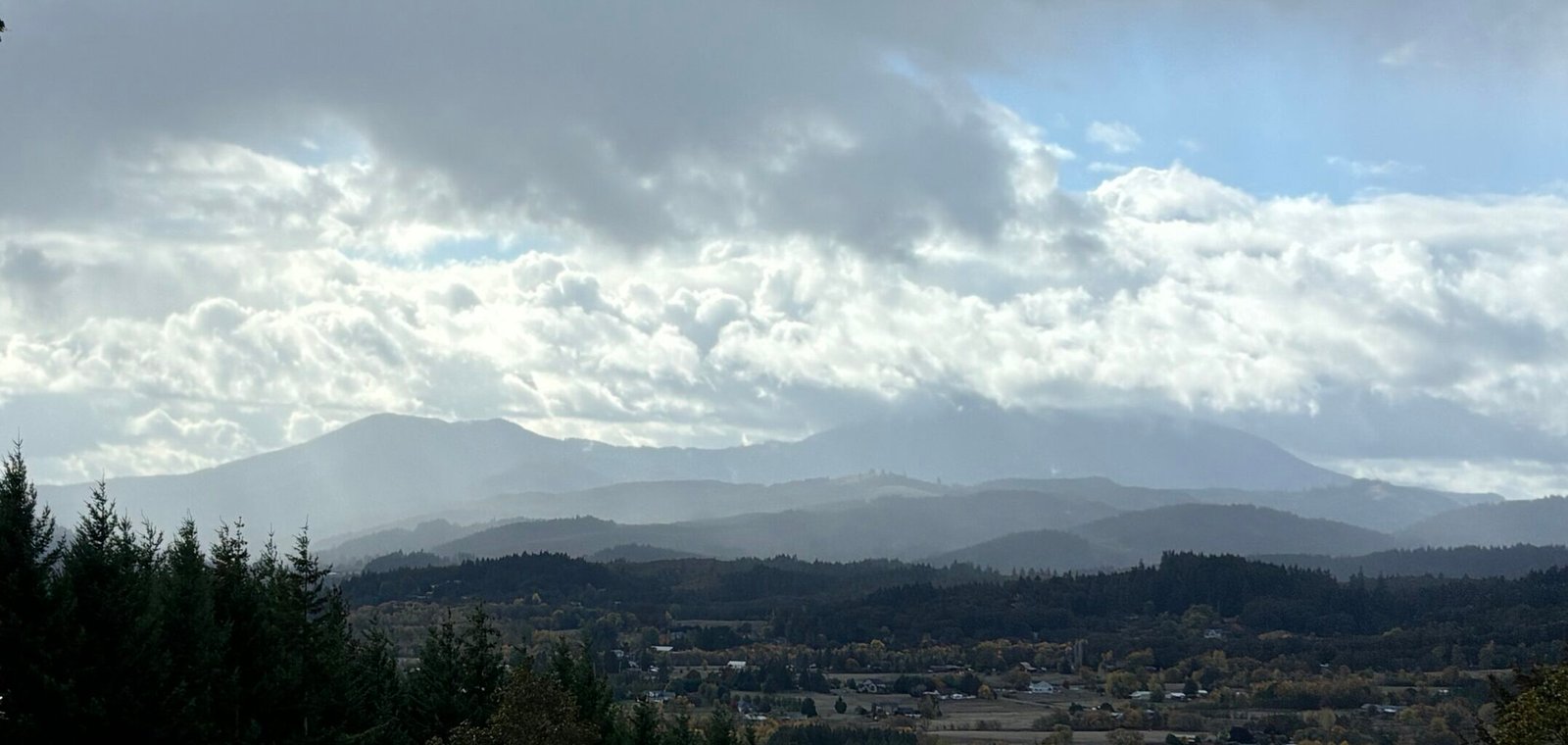I bid you farewell, and what’s next
There are many extraordinary people who are going to continue to lead the fight to protect our climate in the coming years. While I will remain involved in this work, it’s time for me to close Power Up for Climate Solutions. It became clear to me some months ago that the world, physically, biologically, socially, culturally, technologically and politically has changed so much in the last few years that the part I was endeavoring to play in promoting climate action had become outdated. The US election results provided the final confirmation that it’s time for a new direction. I thank you for joining me in my efforts to share ideas, tools and inspiration to take action on climate. Going forward, I invite you to follow my new blog at wiseonearth.com to see what I’m getting up to.
I will leave you with a few thoughts. I claim no special grasp of our predicament except that afforded by time and experience. I’ve been worried about climate change for at least 35 years. For the past 20 years, climate writing and advocacy have dominated my work life. In this time, our situation has changed in profound ways, opening up both extraordinary opportunities and extraordinary threats. Although no one can see the future, I can tell you what I see, and how I plan to respond going forward.
In 2013, when I got involved with climate advocacy, there was only one grassroots organization active where I live focused on climate. Journalists were still being taken in by fossil-fuel funded disinformation efforts, and climate scientists were being harassed, maligned, and attacked for simply for trying to do good science. A very sizable chunk of the American population, never a terribly scientifically literate people, were confused, disengaged, uninformed, or fully deceived about the facts. Clean energy technologies were so expensive that they were not a viable alternative to fossil fuels in most situations. No global climate agreement had been ratified by the world’s nations, and no major climate laws had been enacted in the U.S.
Today, all these things have changed. We now have more public acknowledgement of the threat, better and cheaper technology, and some real climate policy wins. There’s also been a huge blossoming of organizations and individuals doing great climate work. The niche I was trying to help fill providing ways to take simple climate actions is now quite crowded, in the best possible sense. I think it’s fair to say that the clean energy transition has begun.
However, climate scientists are more and more convinced that we are entering an era of worsening climate-change fueled disasters and increasingly deadly harms. The party taking power in the US is communicating it’s intent to reverse progress on climate. We are missing the window we had to contain greenhouse gas concentrations to levels consistent with a stable climate, successful agriculture, and stable ocean, wind, and ice patterns. The US election results will likely slow progress on a clean energy transition both nationally and internationally.
So, although the future is unknowable, here is how our situation appears to me: I don’t see a pathway for avoiding devastating climate harms in the coming decades. Greenhouse gas levels are still rising. We have started transitioning toward clean energy, but in the US and globally, it appears that progress will slow instead of speed up in the next few years.
Therefore, going forward, I’ll be shifting my efforts to focus on strengthening local systems to better weather the coming storms. I’m beginning to look for ways to help build and strengthen resilience in Corvallis and the Willamette Valley. In his new novel Sun House, David James Duncan refers to this as lifeboat work, and I am drawn to the image of community lifeboats to help us weather an uncertain and destabilizing future. This includes continuing to shift toward clean energy, re-localization efforts, community building, reducing consumption and waste, and emergency preparedness. I will also be looking for opportunities to support climate solutions at the local and state level, and to counter hate, xenophobia, and fascism.
Thank you again for your support, interest, and participation in the Power Up for Climate Solutions experiment. I am deeply grateful to you for joining me in this effort. If you’d like to follow my writing going forward, I will be blogging at wiseonearth.com, where I plan to share what I learn as I dive into lifeboat work. And if you have thoughts, ideas, or questions about resilience work, I’d love to hear from you!

Guest Blog: What each of us can do about climate change
Most people are aware that climate has changed around the world. Fires in Greece, California, and Siberia; flooding in Belgium, China, Germany; and record-breaking temperatures in too many places to name.
The cause of all this: added gases to the atmosphere (called “greenhouse gases”) that hold heat close to the surface. Two of the worst are carbon dioxide from burning fuels, and methane, also called natural gas.
The U.N.’s Intergovernmental Panel on the Climate Crisis announced a “Code Red for Humanity” August 9, saying we have very little time to make changes to reduce the gases we keep adding to the air. I now always wear a red shirt to meetings, as a sign of the climate emergency we face.
We are in for a world of hurt. Global warming will worsen the problems of hunger, homelessness, education, immigration, mental illness, racial equity, social justice, and every other problem in society.
Meanwhile ad campaigns have promoted the idea that cutting fossil fuel use to reduce greenhouse gases means that we will suffer, lose jobs, hurt the economy, and be unable to live life as we wish. This is false: we will suffer much more if we do not create large-scale change. The actions below are all important, but require no change in your daily life.
What can we do? I want to suggest three actions for every one of us:
First, we must talk everywhere about the need to act on climate change. Although most people favor action, fewer than a third of Georgians had a conversation about climate last week. So please, make it a point to discuss it with someone every day. Call up a friend or relative. Post something on social media. Bring it up when you’re standing in line. Don’t be silent.
Second, we must share our concern with elected officials. Again, talk about it with these public servants. Write a letter or email. Call their office. Tweet about it, or retweet others. A state legislator once told me, “If three people in my District call me about the same issue, that becomes my issue.” When they don’t hear from us, they only hear from lobbyists.
Finally, we must join a larger group to take action together. Although we all benefit by reducing fossil fuel use in our daily lives, the actions of corporations and governments that employ millions have a larger impact on overall carbon emissions. We must all work together to influence their decision makers. I volunteer with Citizens’ Climate Lobby (cclusa.org) and can recommend it. Other climate groups include 350.org, the Sunrise Movement, Fridays for the Future, Extinction Rebellion, and Climate Reality. You can even join multiple groups!
Many many actions can help us reduce our emissions. Go to drawdownga.org for a list of 20 different ways Georgia can cut greenhouse gas emissions in half in just ten years, including building improvements and large-scale solar projects. Every step can help, but think as large as you can.
I want to close about the need for immediate action. What’s at stake is not nature, but people. Remember, this is Code Red for humanity.
A CCL member recently wrote, “If there are children in a burning building and I have the ability to save some of them, I have a responsibility to save as many as I can.”
Please join me in action.
Henry Slack is the Citizens’ Climate Lobby co-coordinator for Georgia, and a mechanical engineer. He originally wrote this for the Atlanta Friends Meeting (Quaker), then adopted it for a wider audience.
Note from Carla Wise: This essay expresses what I have been feeling and wanting to say more perfectly than I’ve been able to put into words. I’m grateful to Henry for giving me permission to re-post it here. Below are several links to climate actions and organizations to join in addition to Henry’s Georgia-specific links. Right now, the most urgent action you can take is to tell your Members of Congress to act now. You can use the easy #Call4Climate tool to do so!
Great organizations to support:
A look at past and future climate change in less than a minute
E360 Digest – Yale Environment 360, 2/18/19
For visual learners: Two new videos visualize how drastically global temperatures have changed since 1900–and how they will likely continue to change up to 2100. The visualizations, created by Antti Lipponen of the Finish Meteorological Institute, depict 200 years of climate change in less than a minute…
SEE CLIMATE VIDEOS
Pandemic Insights One: What matters to us and what we fear
Like many of you, I’m working from home, going out only to grocery shop and take walks. I’m trying to keep what I can of my schedule, which means posting my monthly blog by the end of March. But I’ve been unsure about what to say during this disorienting time. Is there a constructive way to talk about the connections between the coronavirus pandemic and the slower-moving catastrophe of climate change?
Two climate thinkers I admire have insights about what the coronavirus pandemic shows about what we care about and what we fear. These insights illuminate a possible path forward in our efforts to tackle the climate crisis, offering some inspiration.
Katherine Hayhoe: What matters to all of us is the same: the health and safety of our loved ones and our communities. Climate change and the coronavirus are alike in that they both threaten what matters to all of us.
Climate scientist Dr. Katherine Hayhoe, one of my favorite climate communicators, was asked about the connections between the coronavirus pandemic and climate change by John Schwartz of the New York Times. Here is part of her response:
“This crisis really brings home what matters to all of us. What really matters is the same for all of us. It’s the health and safety of our friends, our family, our loved ones, our communities, our cities and our country. That’s what the coronavirus pandemic threatens, and that’s exactly what climate change does, too.”
Claire Cohen-Norris: A major reason we haven’t yet eliminated fossil fuels is our fear of change and disruption. Now, coronavirus has turned our world upside down. This give us an opening to make the big shifts we need to decarbonize quickly as we navigate the global pandemic.
In a new blog post from climate advocate and biology teacher Claire Cohen-Norris, she says:
“Why have we been slow to eliminate fossil fuels? The short answer is fear of disruption…Well, disruption is here. COVID-19 has made sure of that.”
The pandemic, she argues, has almost instantaneously disrupted our entire society, shifting our expectations for the future. This creates an opening for facing the climate crisis and rapidly decarbonizing our entire economy (I’ve written elsewhere about having the policy tools and knowledge to decarbonize, as soon as we build the social and political will to do so). Our world, Cohen-Norris reasons, is going to be upside down no matter what we do now. So we might as well tackle the climate crisis–a slower moving global catastrophe that threatens everything we care about–as we navigate the global pandemic.
If we can see that the climate crisis, like COVID-19, threatens all we care about, and we accept that total disruption is already here, it becomes more imaginable we can rapidly decarbonize now to protect a livable world. The possibilities are extraordinary.



